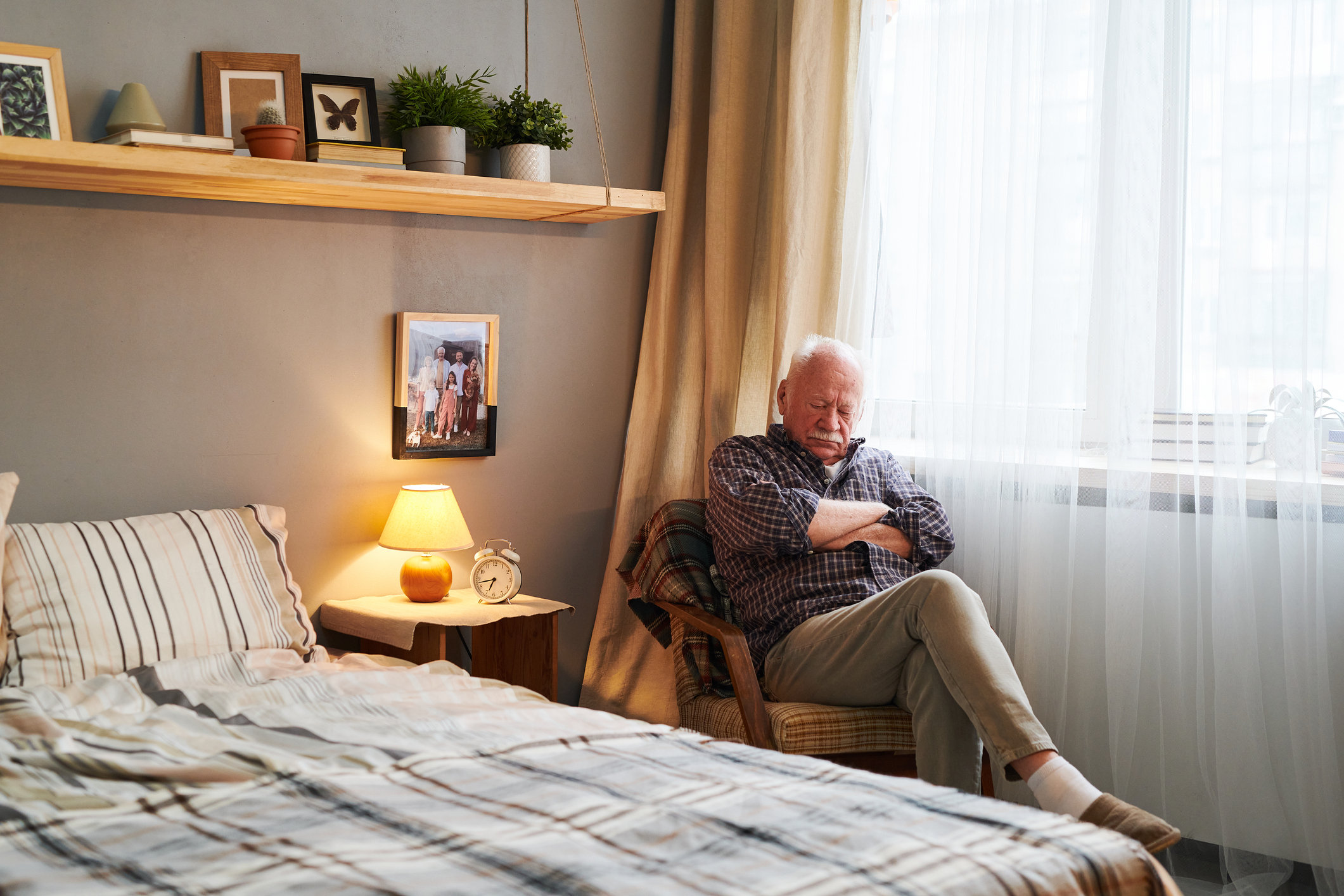Nothing says vacation like a good nap while suspended from a hammock, in the shade of the trees, with a gentle breeze coming in off the lake. Whether you are fortunate enough to enjoy a summer getaway or take a few days off for a staycation, time to unplug and recharge is good for the body and soul. But if daytime napping is commonplace due to poor sleep at night, a new study has found this habit may be a warning sign of high blood pressure and an increased risk for stroke.
According to a recent CTV News Health report, a new study, published in the American Heart Association (AMA) journal Hypertension, found that participants who typically napped during the day were 12 percent more likely to develop high blood pressure over time and were 24 percent more likely to have a stroke compared with people who never napped.
The finding of the study suggests that while napping itself is not harmful, regular daytime napping may result from disrupted sleep at night. Sleep duration has been added by the AMA as one of the eight essential metrics for optimal brain and heart health. Recent research has found that about 80 percent of people in the U.S. have low to moderate cardiovascular health and only 19.6 percent of U.S. adults have high cardiovascular health, according to data collected between 2013 and 2018 from the National Health and Nutrition Examination surveys.
Life’s Essential 8 for Ideal Heart and Brain Health
- Diet
- Physical activity
- Nicotine exposure
- Sleep duration
- Body mass index
- Blood lipids
- Blood glucose
- Blood pressure
Even when factoring for people with existing high risks for hypertension, including those with type 2 diabetes, existing high blood pressure, high cholesterol, sleep disorders, and night shift workers, the study findings held true. Longer daytime naps over an hour and frequent napping is most worrisome and should be evaluated by a doctor to establish the underlying cause of daytime sleepiness.
If you are in need of a quick nap during the day, researchers suggest the optimal time is between noon and 2 p.m. and naps should be no longer than about 20 minutes. Longer napping is more likely to interfere with a good night’s sleep and start the cycle again the following day. Other factors like smoking, excess alcohol consumption, insomnia, and staying up late at night also were found by researchers to contribute to more daytime napping.
Sleep disorders are not only associated with an increased risk for high blood pressure, type 2 diabetes and heart disease, but are also linked with a greater incidence of obesity and higher stress levels – factors that are associated with a higher rate of cardiovascular disease.






Add Your Voice
0 Comments
Join the Discussion